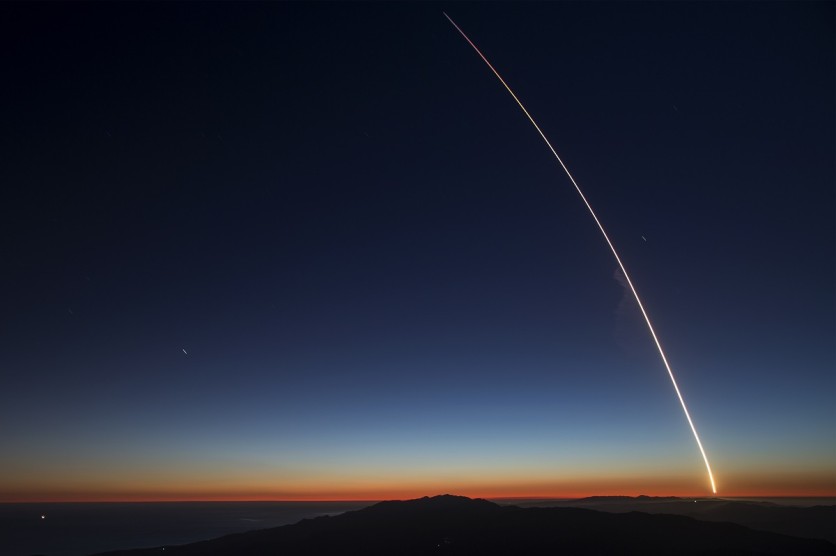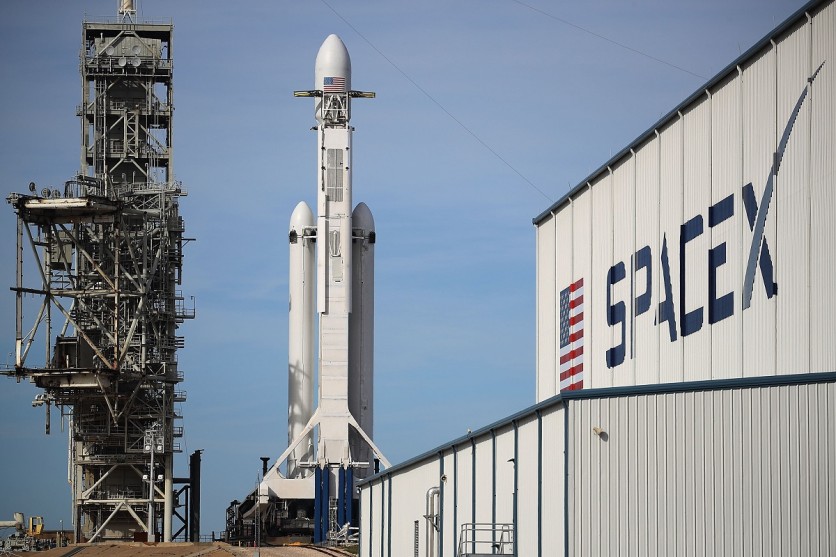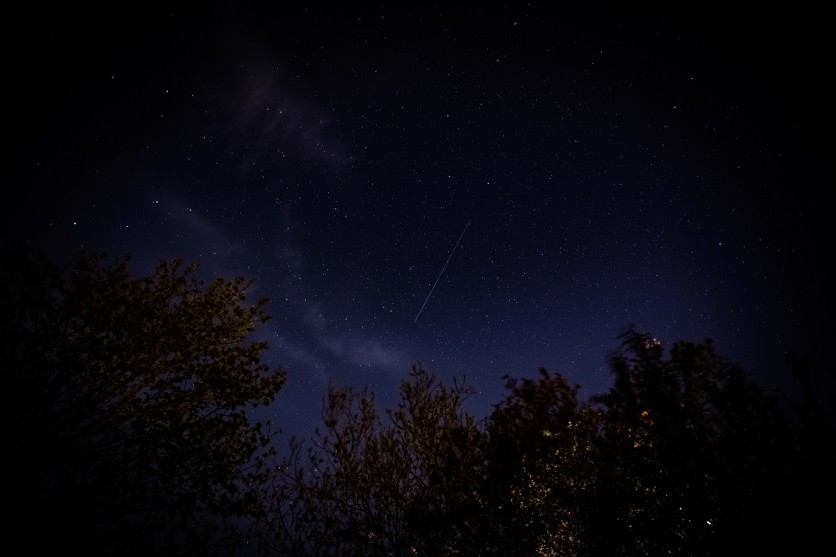SpaceX CEO Elon Musk has been dreaming of creating a constellation of broadband satellites surrounding the Earth. He vowed to provide the fastest broadband internet service to anyone in the world, and he seems to be on his way to fulfilling his promise.
With the new data from Speedtest.net, Starlink users can expect download speeds from 11 megabits per second (Mbps) to 60 Mbps while upload speeds range between 5 Mbps and 18 Mbps. Starlink is currently at 80% to the required satellites to achieve "moderate" capability, but its recent performance is impressive.

Although the results show just 6% of the 1 Gbps that Federal Communications Commission (FCC) requires for the $16 billion funding competition under the Rural Digital Opportunity Fund (RDOF), it is still much faster internet than many rural service providers.
Moreover, while the FCC initially doubted SpaceX's ability to provide sub-100 milliseconds speeds (ms) lag from space, Starlink is currently delivering ping rates between 31 ms and 94 ms, which is already below 100 ms.
"The tests you link to all appear to be legitimate," Ookla representative Adriane Blum told Business Insider adding their company had tough quality-assurance measures in place and vetted internet-service-provider names.
Read also : SpaceX Sends Another Batch of Starlink Satellites Using Record Breaking Falcon 9 First Stage Booster
Starlink can now offer moderate coverage
While Musk aims to install between 12,000 and 42,000 satellites in orbit, having 800 sats can already blanket the Earth. Meanwhile, reaching 80% of 800 sats is already enough to provide moderate coverage to most places on the Earth.

On August 18, Starlink launched its 11th installation with 58 internet broadband satellites in orbit. With about 650 or 660 functioning satellites in orbit, SpaceX is more than the 80% mark, ensuring moderate internet speed.
Also, the recent launch is a couple of satellites short that the maximum number each Starlink launch can carry as the company is reserving slots for customers who may want to rideshare.
The most recent launch marked SpaceX's 98th lift-off and 95th Falcon 9 launch. The booster also made its first stage landing on Earth and already six such round trips. SpaceX also successfully "netted" both payload fairing halves, so it can be reused on a future launch. The equipment cost $3 million each.
SpaceX's bid for $16 billion subsidy
While Musk may be a little close to achieving its Starlink constellations, SpaceX may still be behind its competitions for the Rural Digital Opportunity Fund (RDOF) $16 billion funding to provide "gigabit-speed broadband networks" to rural areas in America still have no Internet access.

To get a chunk of this funding, SpaceX must compete with terrestrial cable services like Comcast and ensure Starlink satellite signals with less than 100 milliseconds of latency. However, the recent test figures provided by the company still is 940 Mbps short of the 1 Gbps requirement of the FCC.
"Looking at the numbers... the satellites don't win anything," former FCC chief of staff and telecommunications policy analyst Blair Levin told Business Insider.
While SpaceX has already succeeded in lobbying for its slot to compete for the RDOF, the company would still drop its lag rate down to 20 ms or below while enhancing its internet download speed to reach 1 Gbps using private financing.
With or without government funding, if SpaceX achieves much better performance, it can snatch up to 5 million broadband satellite internet customers in the U.S., giving it an annual revenue of about nearly $5 billion should the monthly cost will just be $80.
This is owned by Tech Times
Written by CJ Robles
ⓒ 2026 TECHTIMES.com All rights reserved. Do not reproduce without permission.




